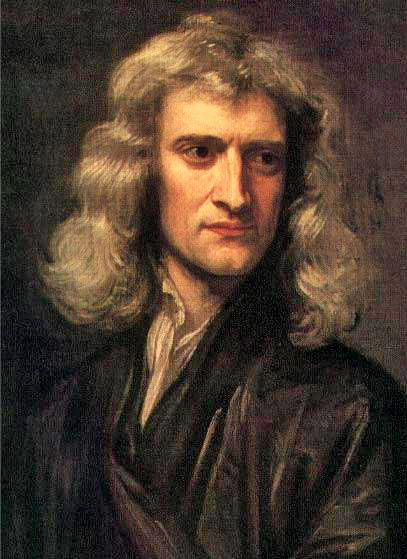Reported as something said by Newton in Charles Dickens's All the Year Round https://books.google.es/books?id=bd0NAAAAQAAJ&q=%22the+thumb+would+convince+me+of+the+existence+of+a+God%22+dickens&dq=%22the+thumb+would+convince+me+of+the+existence+of+a+God%22+dickens&hl=es&sa=X&ei=fgHtVJ3BB4WXgwTAzoOwBA&ved=0CCAQ6AEwAA (1864), Vol. 10, p. 346; later found in " The Book of the Hand http://dds.crl.edu/loadStream.asp?iid=28101" (1867) by A R. Craig, S. Low and Marston, p. 51:
"In want of other proofs, the thumb would convince me of the existence of a God; as without the thumb the hand would be a defective and incomplete instrument, so without the moral will, logic, decision, faculties of which the thumb in different degrees offers the different signs, the most fertile and the most brilliant mind would only be a gift without worth."
A slight variant of this is cited as something Newton once "exclaimed" in Human Nature : An Interdisciplinary Biosocial Perspective http://books.google.es/books?id=c6O0AAAAIAAJ&q=In+the+absence+of+any+other+proof,+the+thumb+alone+would+convince+me+of+God's+existence.&dq=In+the+absence+of+any+other+proof,+the+thumb+alone+would+convince+me+of+God's+existence.&hl=es&sa=X&ei=KAkMUuLjL-am2gWtnoHgDg&ved=0CFUQ6AEwBQ, Vol. 1, Issues 7-12 (1978), p. 47: "In the absence of any other proof, the thumb alone would convince me of God's existence."
